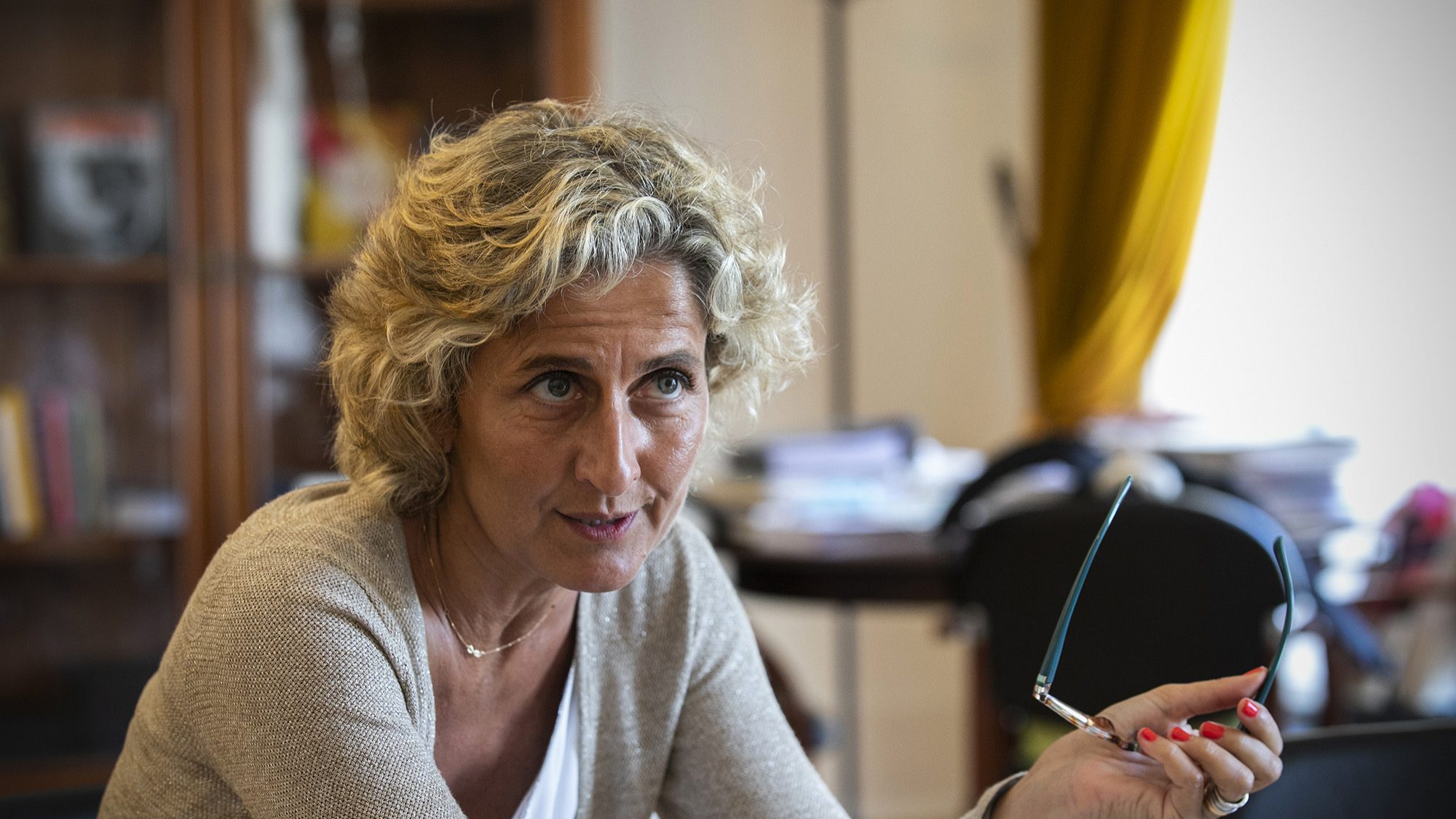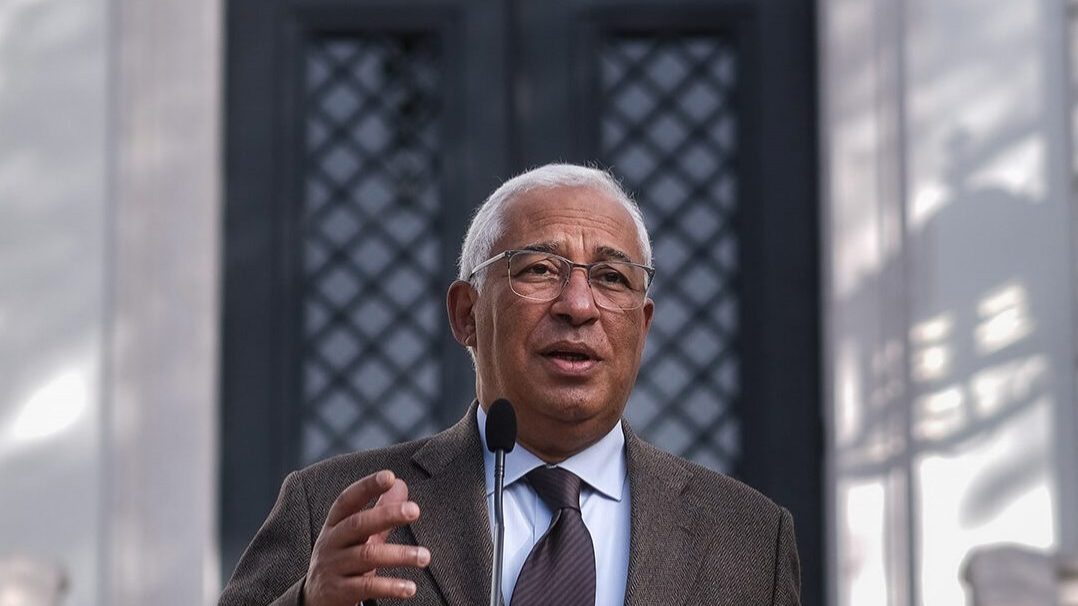Recovery, resilience plan projects in Algarve on schedule
The head of the National Monitoring Commission of the RRP considered that it is necessary to ensure that the goals of the plan are met and that the planned investments are completed by the end of 2025
The projects funded by the Recovery and Resilience Plan (RRP) in the Algarve are following the planned schedule, said the chairman of the National Monitoring Commission, Pedro Dominguinhos, in Olhão on Friday.
Pedro Dominguinhos spoke to journalists on the sidelines of a visit to a company in the Algarve and made a balance of the trip to the region to monitor the progress of the RRP (the post-pandemic economic Recovery and Resilience Plan – the EU bazooka funds) and maintain contacts with the final beneficiaries or intermediate entities.
The head of the National Monitoring Commission (CNA) of the RRP considered that it is necessary to ensure that the goals of the plan are met and that the planned investments are completed by the end of 2025, and this visit to the Algarve allowed close contact with public and private entities that promote funded investments.
“The complexity of the implementation, by multiple actors, by multiple investments, requires coordination that is crucial and it is essential that the national monitoring commission, which has exactly this mission, can understand ‘in loco’,” he justified.
Pedro Dominguinhos pointed out that the Algarve has “an anchor investment, related to water management”, which has an available budget of €200 million, and a status report was made on the progress of projects in this area, such as the construction of a desalination plant and the water intake from the Guadiana river at Pomarão.
Also according to the official, many projects “are in the environmental impact study phase, others are launching tenders,” but “that’s how they had to be,” since “they obey a set of rules” that have to be complied with.
“But at this moment, according to the timelines, we can say that things are aligned with the planning,” he assured.
The president of the National Monitoring Commission of the RRP also pointed out the existence of projects aimed at “companies, private institutions of social solidarity, health centres and families” and said that, “at this moment, according to the data published in the information system of the mission “Recuperate Portugal”, there are “about 160 million euros that the different economic actors have already received”.
“This shows that the different actors are able to present projects, see them approved and have them on the ground,” he argued, giving the example of a crèche or an automatic medicine dispenser that the Algarve University Hospital Centre (CHUA) is implementing as a “pilot project”.
The CHUA project, he stressed, “will have impacts in terms of patient safety, but also in terms of medication savings”, which is “estimated at around 10% per year”.
The official acknowledged, however, that there has already been a price increase due to inflation since the RRP was approved.
Therefore, he explained, the government is analysing the situation and is carrying out a “reprogramming process”, which, “besides the financial issue”, also includes “the issue of targets” and, “by the end of April”, may be concluded.
Pedro Dominguinhos also pointed to housing as one of the most important areas of investment for the region, because it has one of the most expensive prices in the country, and is necessary to provide decent answers to the population and to receive labour from other areas or countries.
In relation to the Olhão ring road project, the official said that it was also going according to plan.
“It is a complex process, it will have seven roundabouts, it will be completely fenced off to increase all safety issues so that pedestrians or animals do not come into contact with vehicles, it is a process that is properly planned, the project is moving forward and will come to fruition,” he said.


